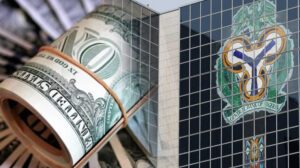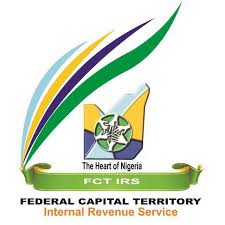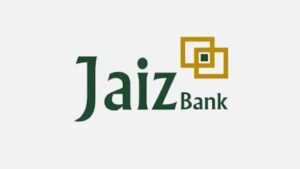Naira at parallel market trades flat at N532/$
By Kayode Tokede
Naira at the parallel market on Tuesday closed flat against the dollar and euro at N532 and N625 respectively
Naira depreciated by 0.28per cent against the pound to close at N725.
At the Investors & Exporters Foreign Exchange (I & EFX) window, the Naira closed up by 0.11per cent, 0.25per cent and 0.42per cent against the dollar, euro and pound closing at N410.67, N486.52 and N566.19 respectively.
Accoroding to analysts at Investment One research, “Going forward, we expect the FX market to be dictated by heightened dollar demand and CBN foreign exchange policies.”
The Central Bank of Nigeria (CBN) has hinted that it is worried about boosting dollar supply on the currency market and not valuation of the naira, its director of monetary policy Hassan Mahmud said on Tuesday.
The naira hit a record low of N532 to the dollar on the unofficial or black market on Monday, with dollars hard to come by following the central bank’s recent actions to channel demand from the unofficial market, where the naira is trading at much lower levels.
“We are not really bothered much about valuation. What we are worried about is the supply side and the confidence in the system,” Mahmud told a virtual investor conference.
Nigeria is battling dollar shortages brought on by low oil prices following disruptions linked to the COVID-19 pandemic. The central bank has devalued the currency three times since March 2020, but the naira has continued to weaken.
In June, Central Bank Governor Godwin Emefiele, said Nigeria’s spot naira rate was overvalued by up to 10per cent, citing the bank’s real effective exchange rate model.
Mahmud said the level of the naira is expected to adjust based on demand but that market failures had made the bank adopt a managed float regime.
Nigeria has several exchange rates operating in parallel, a system put in place during a 2016 oil price crash because the government was seeking to avoid a large official devaluation of the naira as a matter of national pride.
Mahmud said the spot rate is the reference rate and that he expected a convergence of Nigeria’s several exchange rates, a gap which has frustrated investors.
On Tuesday, the naira traded at 411 per dollar on the official spot market, in the range of 407 to 412 naira where it has been since June.
Money Market rates fell as Open Buy Back and Overnight rates decreased by 100basis points and 125basis points to close at seven per cent and 7.25per cent respectively.
The bond market traded on a somewhat negative note today, as yields increased on most maturities.
The yields on the 5yr and 10yr benchmark bonds increase by three basis points and six basis points to close at 10.57per cent and 11.56per cent respectively, while the yield on the 7yr bond closed flat at 11.21per cent.
“In the near term, we expect market activity to be influenced by liquidity levels and foreign investor participation,” they added.
According to CBN, the country’s foreign reserve rose by $77.7 million to close at $34.26 billion on Friday, 3rd September 2021, compared to $34.18 billion recorded as of the previous day. The latest increase represents a 0.23per cent boost in the country’s foreign reserve.
The reserve has gained $239.93 million in the month of September and has lost a total of $1.12 billion year-to-date compared to $35.37 billion recorded as of 31st December 2021.
While recent reports have suggested that Nigeria’s foreign reserve position could grow as high as $40 billion by the end of September 2021, the recent rally could indicate we are towards hitting the projected numbers.




